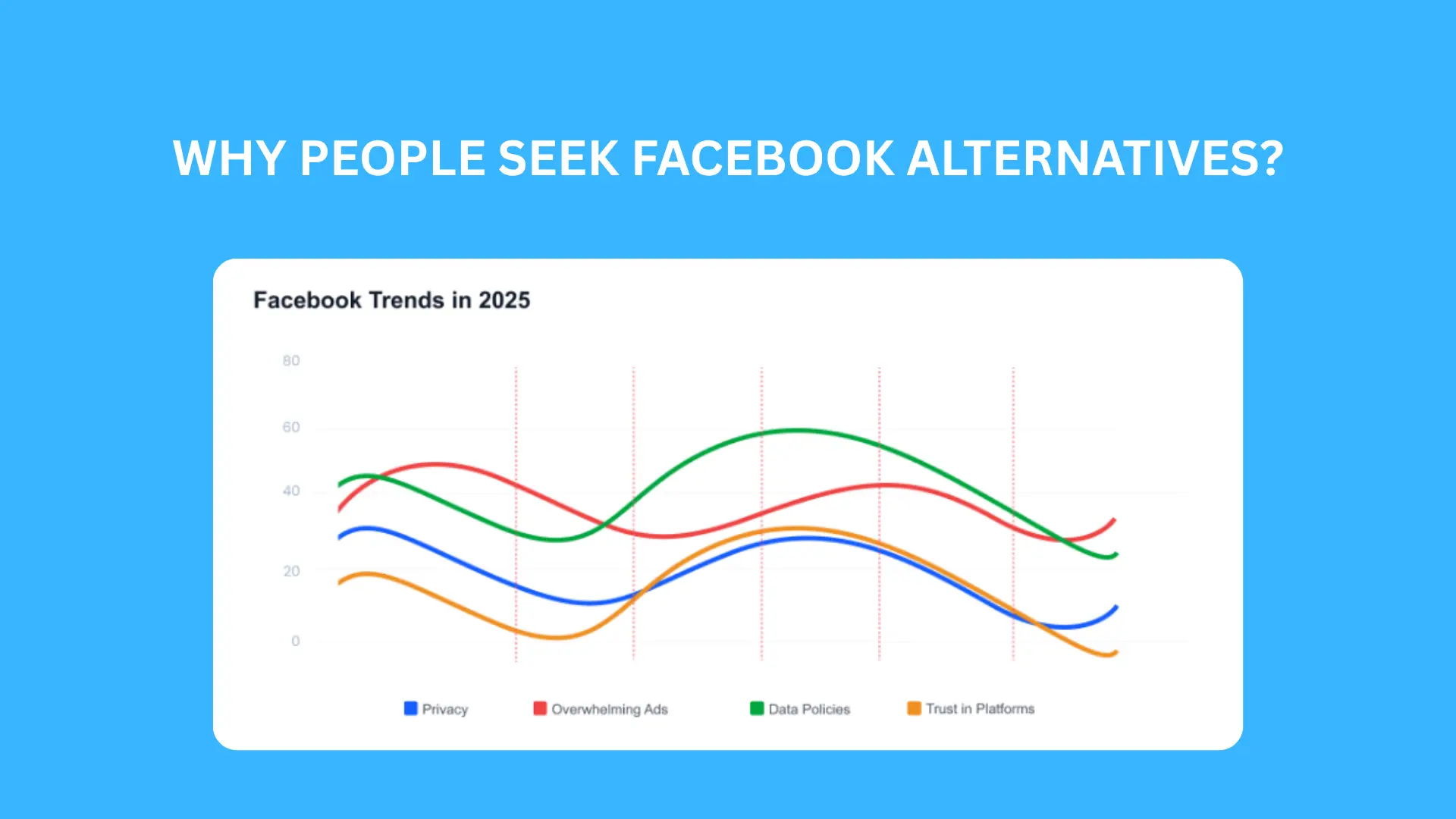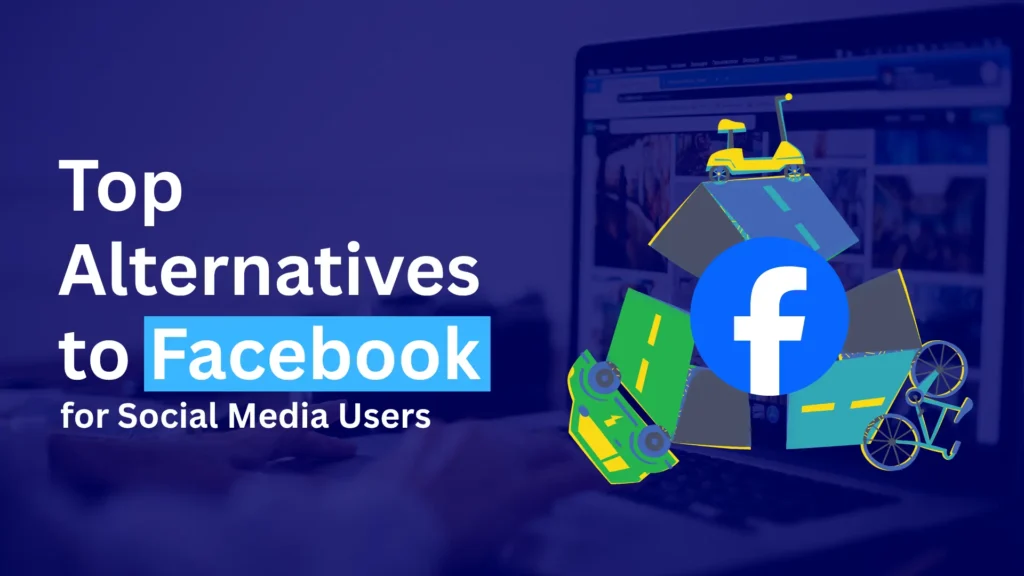In a digital world where social platforms evolve rapidly, many users are seeking alternatives to Facebook for enhanced privacy, fresh communities, or diversified engagement. Whether you’re a casual user, content creator, or brand, exploring different platforms can help you avoid over-dependence on one giant network.
At PWH Services, we understand how vital social media strategy is for growth and community building. As part of our digital solutions (see our app solutions), we advise clients to diversify their presence. In this post, we’ll explore the top Facebook alternatives, discuss their pros and cons, and help you decide which might suit your needs.
Why Look Beyond Facebook?

Privacy & data control: Concerns over data mining, algorithmic manipulation, and frequent changes in policies drive users to look elsewhere.
Algorithm fatigue: Many feel fed up with opaque ranking systems that limit organic reach.
Diverse communities: Niche networks often provide more meaningful connections tailored to interests.
Risk management: Relying on a single platform is risky (account bans, outages, policy shifts).
Given those reasons, here are some of the best alternatives to Facebook in 2025, categorized by use-case.
Best Facebook Alternatives by Use-Case
1. MeWe — “Privacy-first” social network
Why it’s popular: MeWe markets itself as “anti-Facebook,” with no ads, no tracking, and strong user control.
Pros:
Ad-free environment
Strong privacy options
Familiar interface (similar to Facebook)
Cons:
Smaller user base, less reach
Some premium features behind paywalls
2. Mastodon — decentralized & open source
Mastodon is part of the Fediverse — a network of interoperable servers (instances) that allow cross-communication.
Pros:
No central authority
Chronological timelines, no centralized algorithm
Community control over moderation
Cons:
Learning curve for choosing instance
Less polished mobile apps (varies by instance)
3. Friendica & Diaspora — distributed social networks
These are open source platforms that let you host or join federated servers.
Pros:
You control server/data
Interoperable across Fediverse
Flexible privacy and identity layers
Cons:
Lower mainstream adoption
Some technical overhead
4. Bluesky — emergent interest
Bluesky is a newer social platform focused on algorithm flexibility, content control, and user autonomy.
Pros:
Users can choose or customize algorithms
Fresh community with experimental features
Cons:
Smaller network, still growing
Feature set evolving — can be less stable
5. Vero — ad-free sharing with chronology
Vero positions itself as a social network free from ads and algorithmic feeds — your posts appear chronologically.
Pros:
No ads, no data mining
Clean chronological feed
Mixed content types (photos, links, text)
Cons:
Some subscription model elements
Less widely adopted
6. Niche & local networks — Nextdoor, communities, etc.
If your goal is localized connection or interest-based groups:
Nextdoor for your neighborhood/community connections.
Reddit, LinkedIn, X (formerly Twitter) for interest groups or professional networking.
7. Blogging, newsletters & RSS as alternatives
Sometimes stepping outside social networks is powerful. Consider:
Personal blogs (WordPress, Ghost)
Email newsletters
RSS aggregators & news apps
These let you own your content and audience.
How to Choose the Right Alternative
| Your Priority | Best Alternative(s) | Why |
|---|---|---|
| Privacy & no ads | MeWe, Mastodon, Vero | They emphasize user control and minimal tracking |
| Decentralization & control | Mastodon, Diaspora, Friendica | You can host your own instance |
| Local or interest groups | Nextdoor, Reddit, niche apps | Focus on communities and common interests |
| Content ownership & control | Blog, newsletter, RSS | You fully own your platform and audience |
When adopting a new platform, don’t abandon Facebook entirely at once. Instead, gradually shift — mirror key content, invite your audience to join you, and cross-link to backup platforms. At PWH Services, we often help clients plan such transitions as part of our digital strategy and app solutions. Check out our main site for more on our services.
Conclusion
While Facebook remains dominant, the social media landscape is diversifying fast. Whether you value privacy, community control, decentralization, or niche connection, there’s a Facebook alternative out there that meets your needs. Start with one or two, test how your audience responds, and evolve your presence.
If you need help planning a multi-platform strategy or integrating apps and social tools into your marketing stack, PWH Services is ready to assist through our digital & app solutions. Visit our site to learn more: pwhservices.tech and our app solutions page.


